Previous
Next
"Atila, are you a believer?" "No, it's just for the fashion." Helvécia, Bahia, Brazil. December 2015.
©Dom Smaz
Lucas Costa Macena, known as the "Surfer", and Milton Meira Salvador (on the motorcycle), called "Nêgo", accompanied by his son Gabriel, in front of their house. They are pictured below centuries-old mango trees, some of the oldest in the village. It's a place that is conducive to improvised football matches at the end of the day. Helvécia, Bahia, Brazil. December 2015.
©Dom Smaz
Wingles Vieira (middle), nicknamed “Boneco”, Artur Soares Couto (right), nicknamed “Boca de CD”, as well as João Vitor Monteiro Dutra (left), nicknamed “Vendita”, as seen in front of the old train station of Helvécia. This station was built in 1898, mainly for exporting coffee from the colony. They were all students of "Capoeira Arte Bahia", led by the master Reginaldo Cecilio Antonio. Helvécia, Bahia, Brazil. December 2015.
©Dom Smaz
During the festival of São Sebastião. A traditional festival brought over by Europeans, it replays the medieval struggle between Moors and Crusaders. The red team represents the Moors; the blue team represents the Crusaders. The festival is a major cultural event in Helvécia. Helvécia, Bahia, Brazil. January 2016.
©Dom Smaz
Young people of about 20 years of age come from a small town in the area to enjoy the festival of São Sebastião, but they listen especially to the stereo in their car. This festival is the main cultural event of Helvécia. Many young people from the region come to celebrate this particular date for the quilombos (community of escaped slaves during colonial Brazil in the 1600s). Helvécia, Bahia, Brazil. January 2016.
©Dom Smaz
The "Terreiro" (place of worship) of Mother Maria, is one of the two "Terreiros" of Umbanda (syncretism between African religions, native Indian and European Catholicism), parallel to the "Christianisation" that followed and from which emerged the pressure on several evangelical churches of the city that "denigrate" these African cultural manifestations. Helvécia, Bahia, Brazil. January 2016.
©Dom Smaz
A child preparing to jump into the river "Peruípe", where the coffee produced in the former colony began. By the 1850s, this accounted for about 90% of Brazil's coffee exports. Quilombo Helvécia, Bahia, Brazil. December 2015.
©Dom Smaz
Faustina Zacarias Carvalho, Maria Piedade Tersilha and Maria D'ajuda Tersilha, continue the "Bate-Barriga" (Bat-the-Belly), a traditional dance of African origin, one of the precursors of the Samba. Helvécia, Bahia, Brazil. December 2015.
©Dom Smaz
Young people in front of the old train station of Helvécia, one of the only places where there is an open Wifi network in the village. In Helvécia there is no more cellular network. A cell tower was installed a few years ago but the company estimated it did not make enough money and deactivated it after only three months. Helvécia, Bahia, Brazil. January 2016.
©Dom Smaz
Former church that now serves as a dwelling. Helvécia, Bahia, Brazil. December 2015.
©Dom Smaz
The children of Helvécia receive Christmas gifts, brought by a Christian business association. Helvécia, Bahia, Brazil. December 2015.
©Dom Smaz
Tombs of members of the Sulz family, the only family of Swiss-German origin to remain in the village. Cemetery of Helvécia, Bahia, Brazil. January 2016.
©Dom Smaz
Rosemar Cerqueira Rafael, holding the portrait of her great-grandfather, Henrique Sulz. He was the first of the Swiss-German family Sulz to have come to Helvécia. She gave the portrait of her great-grandfather to the village museum, because her son, Normam, has been afraid of him since his childhood. He believes that the portrait of his great-grandfather can see him during the night. Helvécia, Bahia, Brazil.
©Dom Smaz
A young woman was covered with palm oil in an initiation ritual at the Umbanda house of Mãe Maria. Umbanda is a Brazilian religious syncretism that brings together elements of Catholicism, African religions and indigenous spiritism. Helvécia, Bahia, Brazil. June 2016.
©Dom Smaz
The children of Helvécia wait in lines to receive Christmas gifts brought by an association. Helvécia, Bahia, Brazil. December 2015.
©Dom Smaz
Atila (middle) and two friends. Helvécia, Bahia, Brazil. December 2015.
©Dom Smaz
Helvécia, a small village in the state of Bahia, northeastern Brazil, is what remains of two vast farms founded by a Swiss immigrant. Helvetia I and Helvetia II were both created by Johannes Martin Flach, born in Schaffhausen in 1787.
This content was published on
March 4, 2017 - 11:00
Flach became a confidant and close friend of Maria Léopoldine, who became Empress of Brazil when she married Dom Pedro, a Portuguese crown prince, in 1817. Flach received the land from the Léopoldine Colony and managed it from Rio de Janeiro.
At the time of the abolition of slavery in 1850, the plantation was an important part of the country’s coffee production. Coffee made up 40% of exports in Brazil, the largest coffee producer in the world. The Brazilian coffee industry was dependent on slaves; in the first half of the 19th century, 1.5 million slaves were brought in from Africa to work on the plantations.
Today, Helvécia is home to three families descended from German immigrants and one family descended from Swiss immigrants. More than 80% of the current population are of African descent. European and African cultures exist here in an ideological clash, with Christian evangelicals still pointing at black people for practising “evil” rituals. Slavery still casts its long shadow.
Photographer’s website External link
All Images: Dom Smaz, Text: Thomas Kern/swissinfo.ch
(Translated from French by John Heilprin)
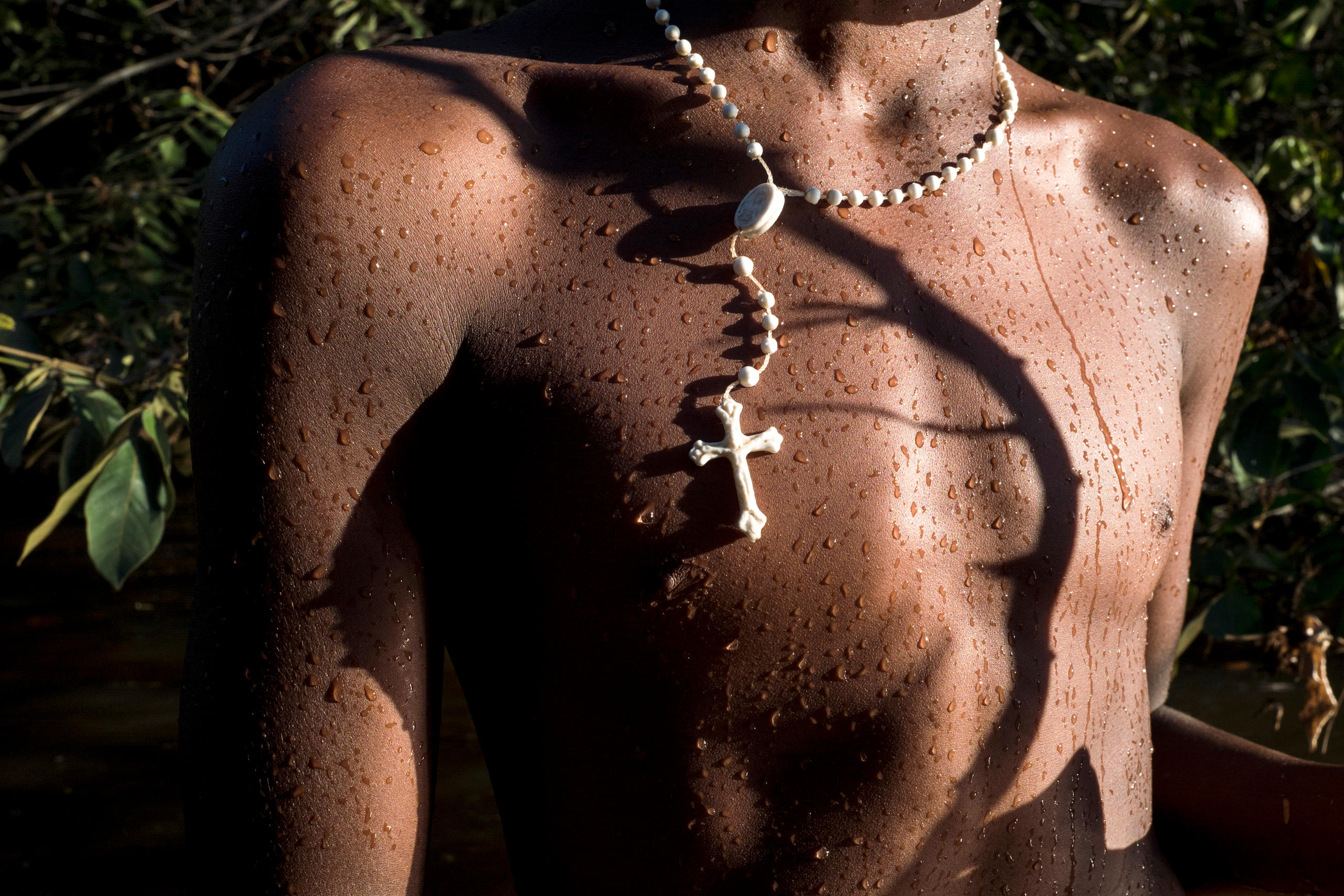
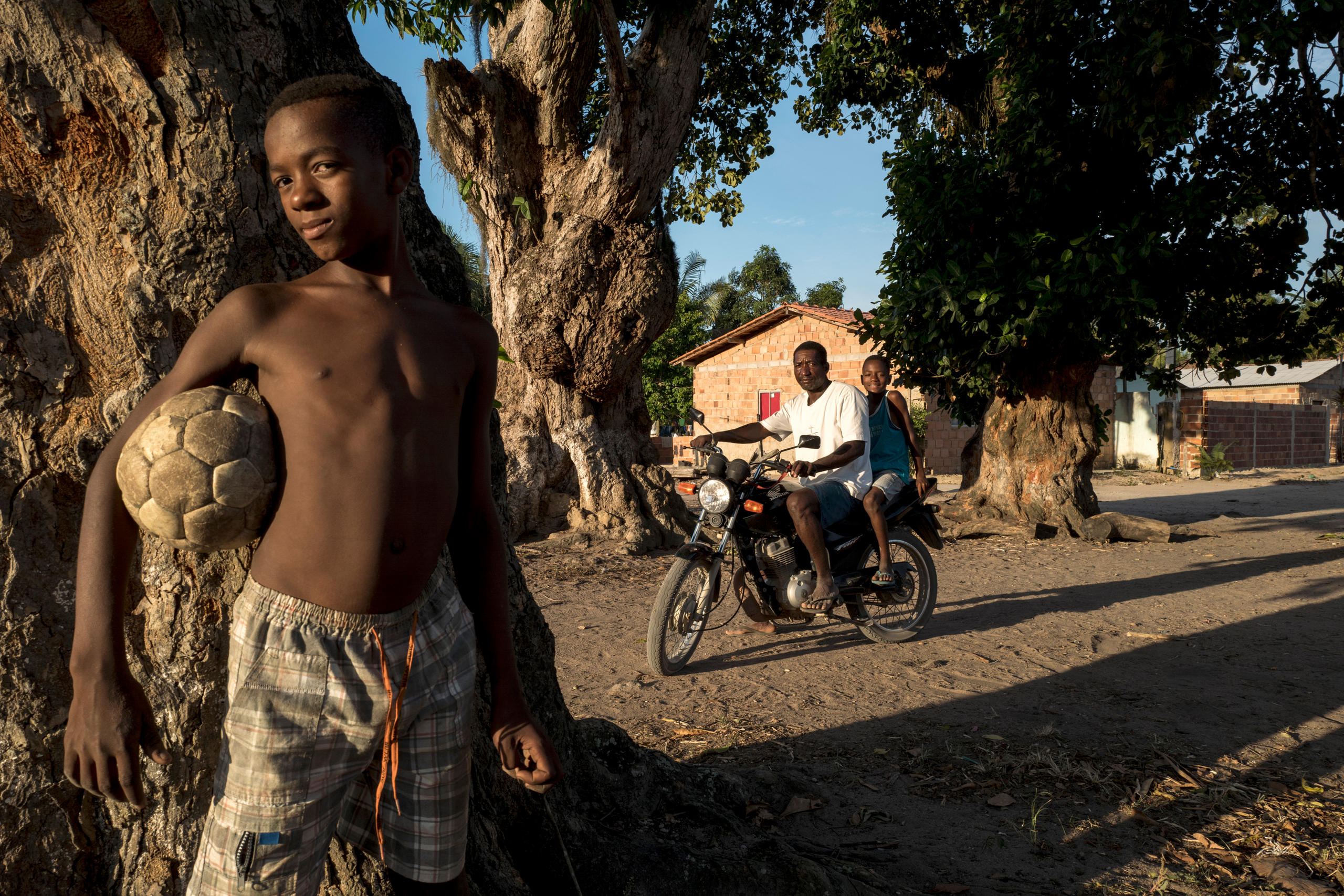
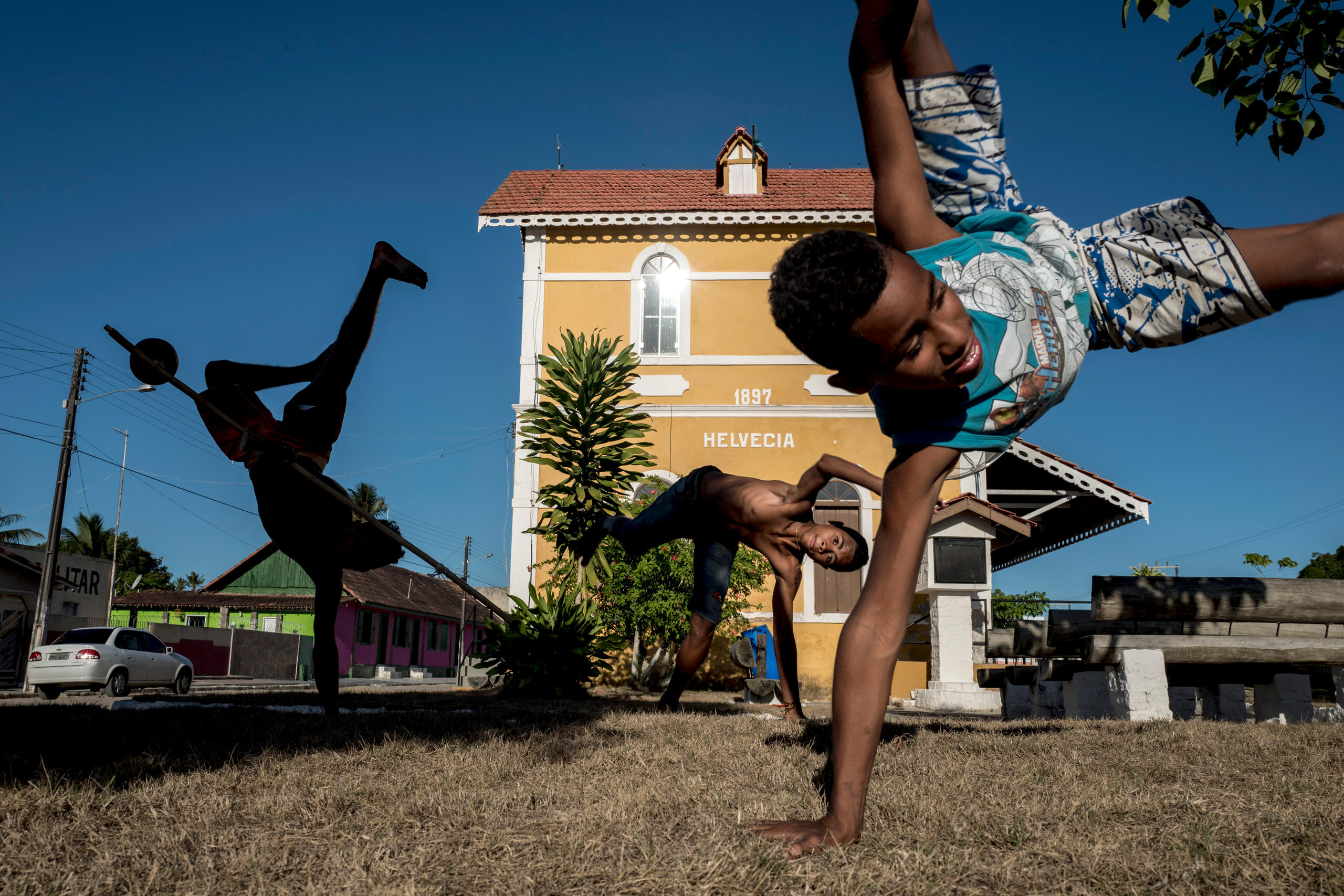
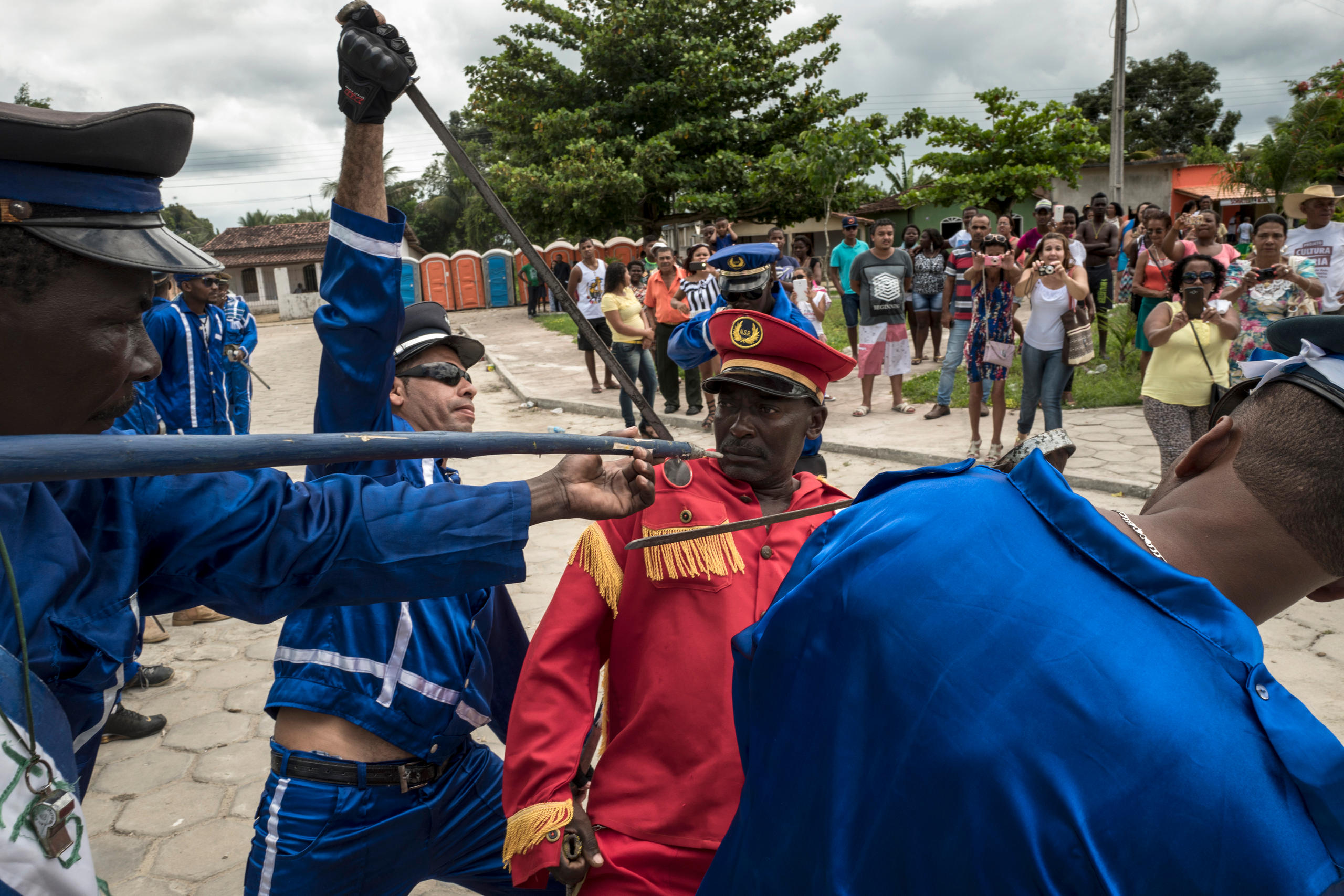
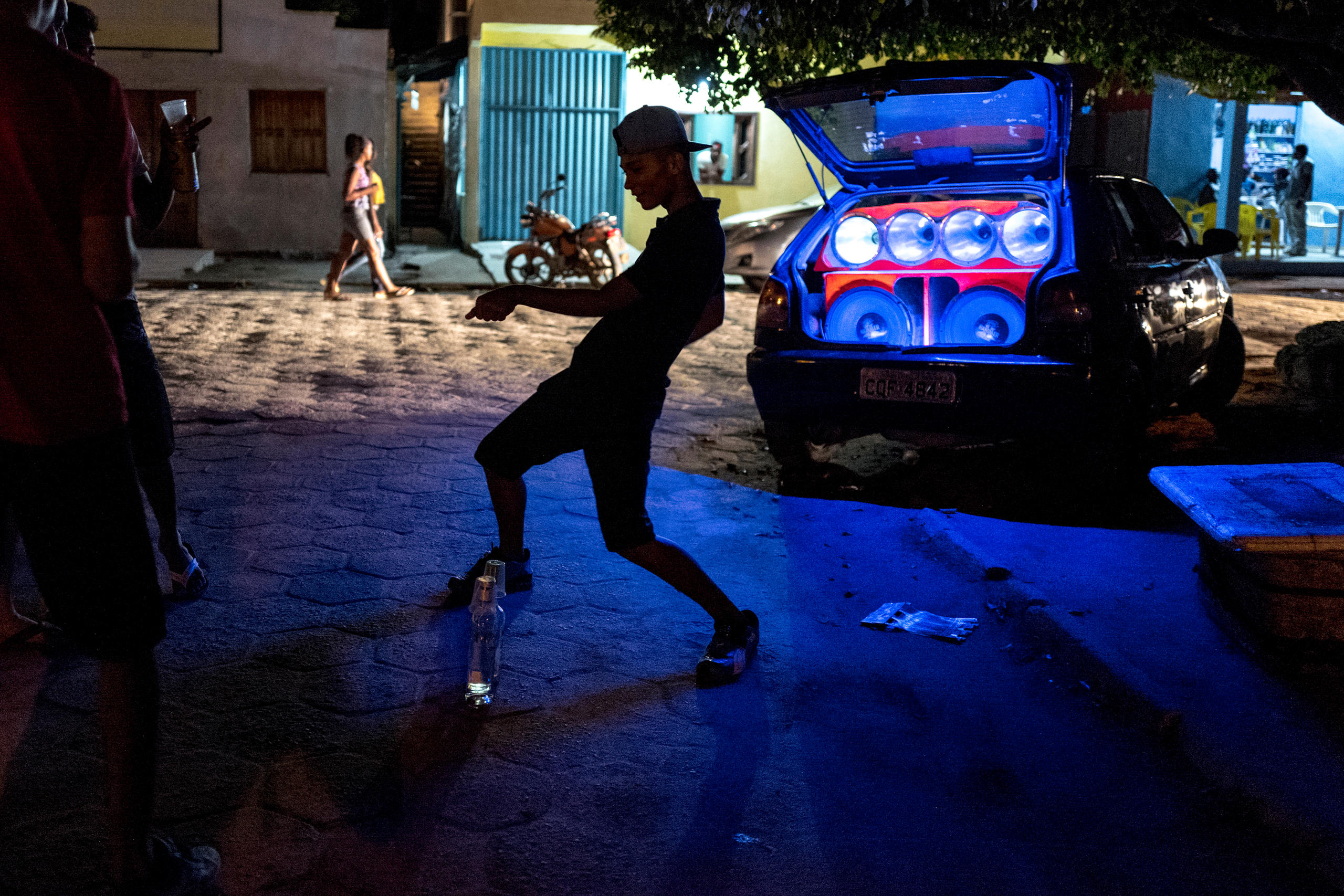
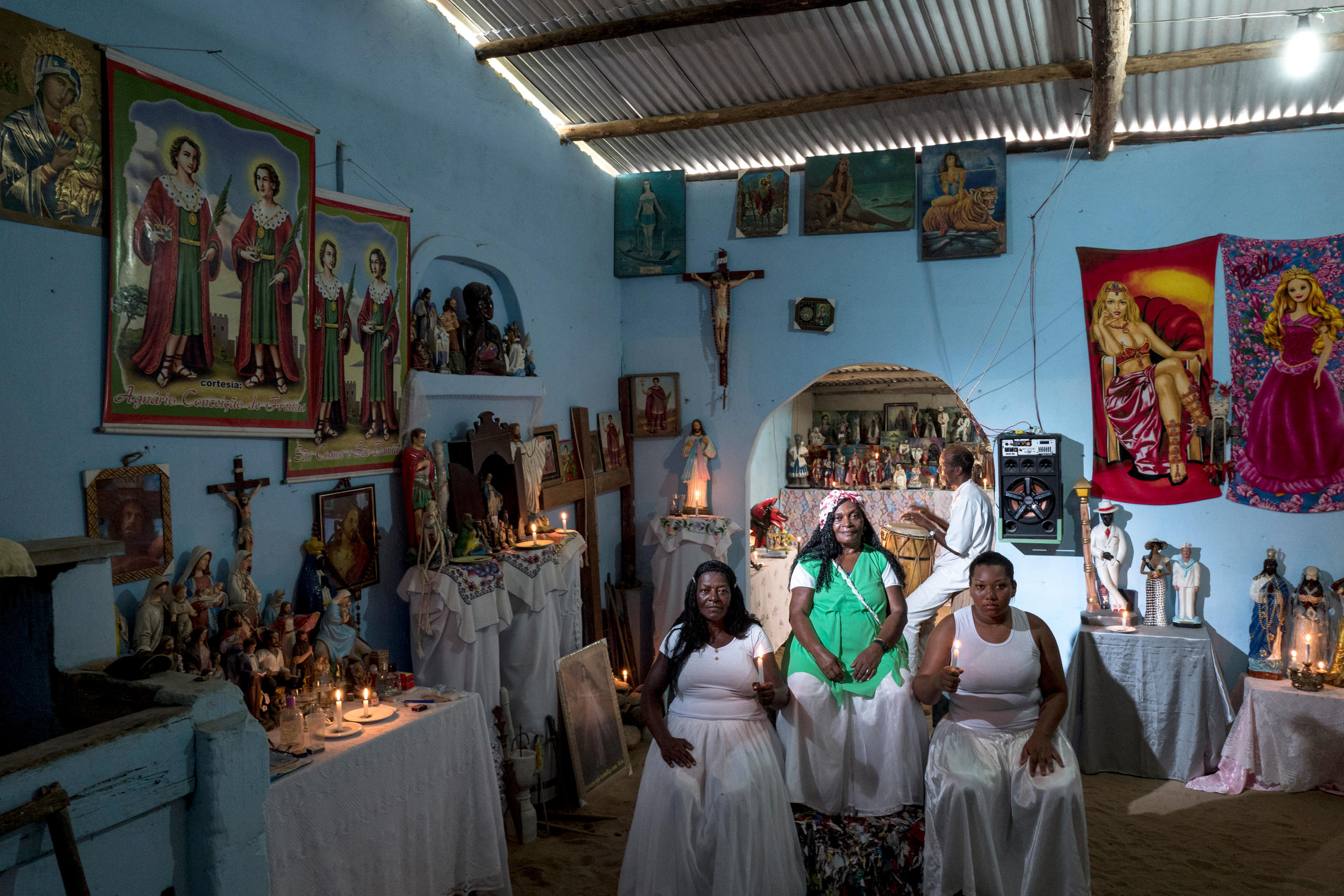
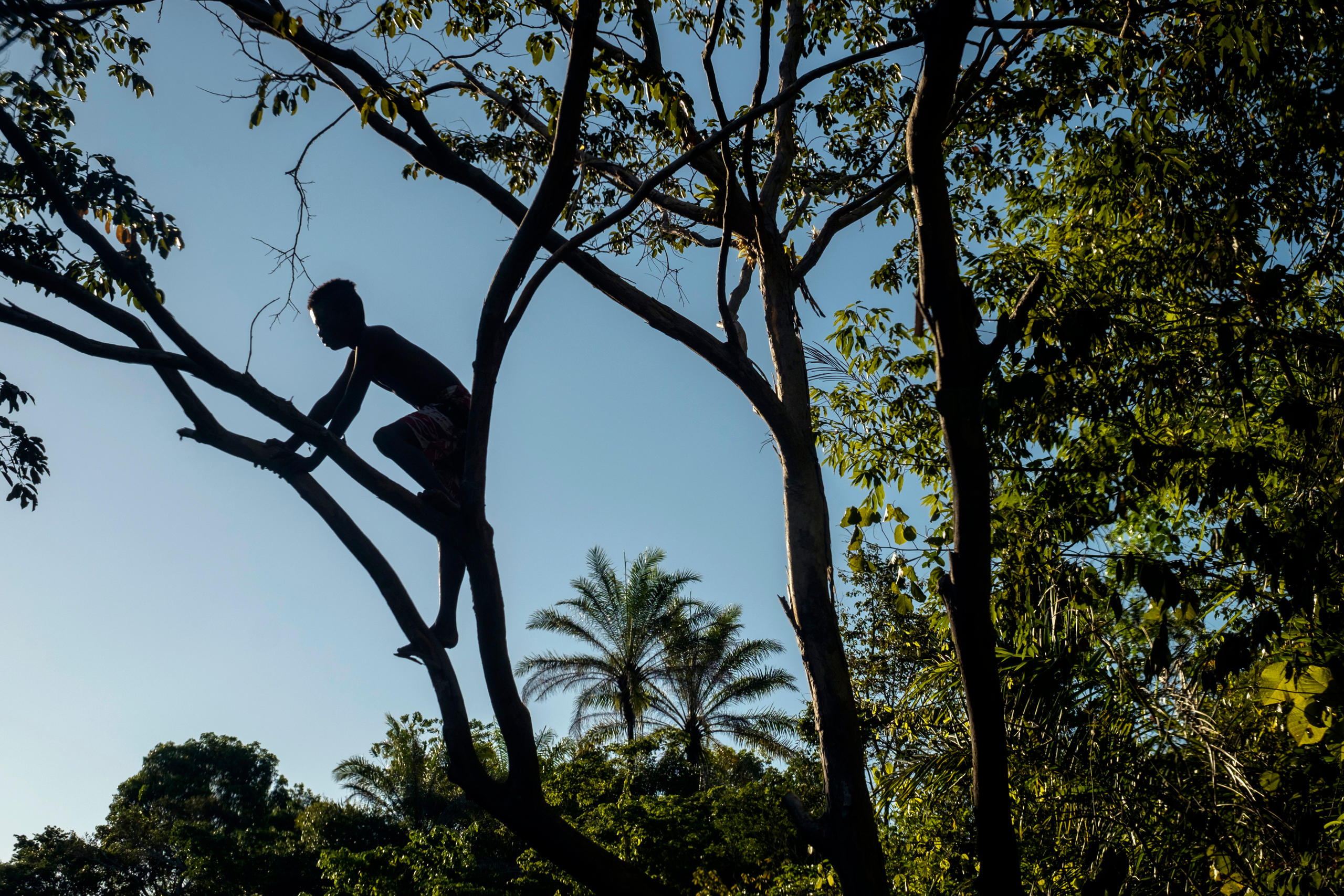
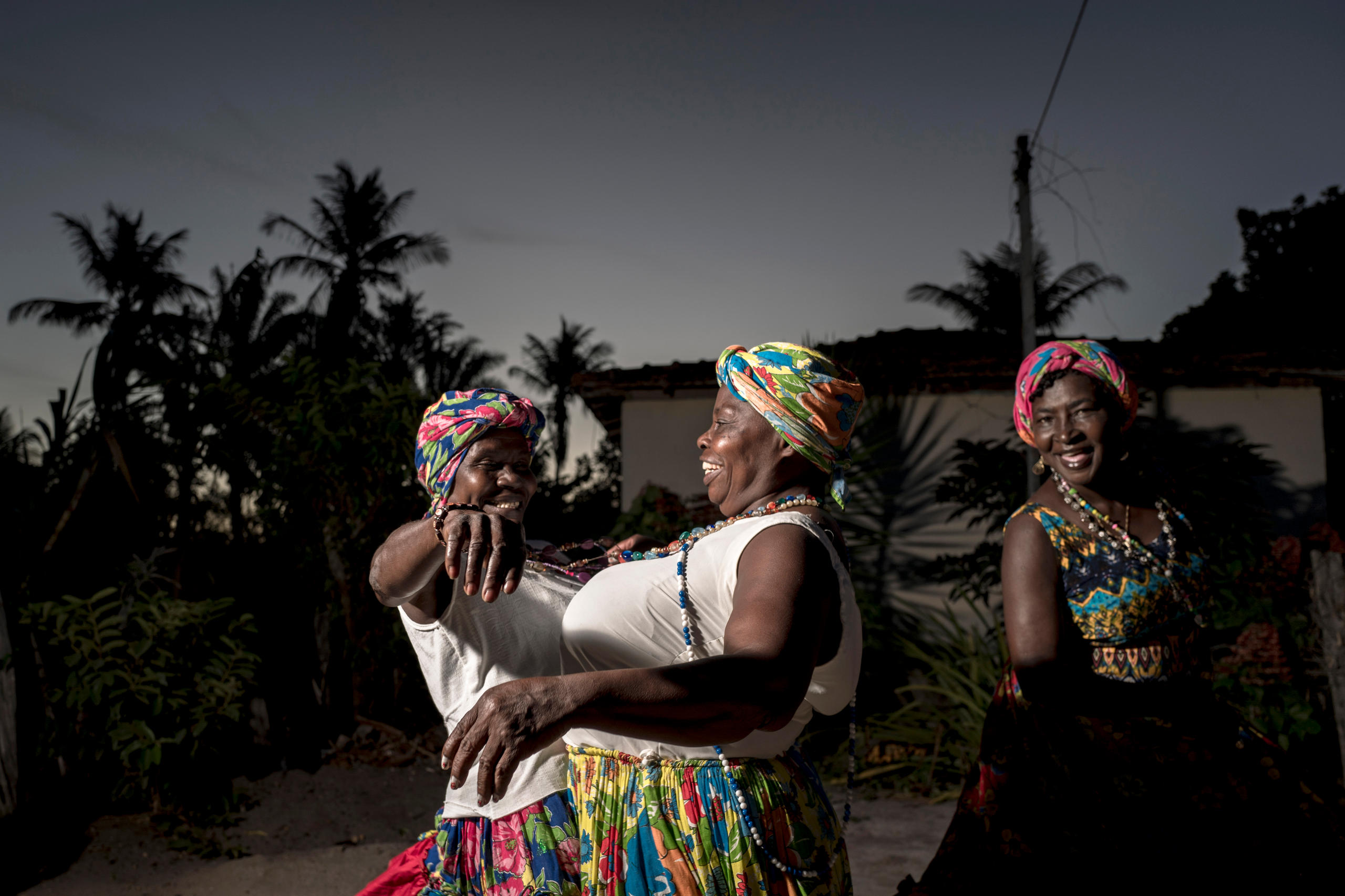
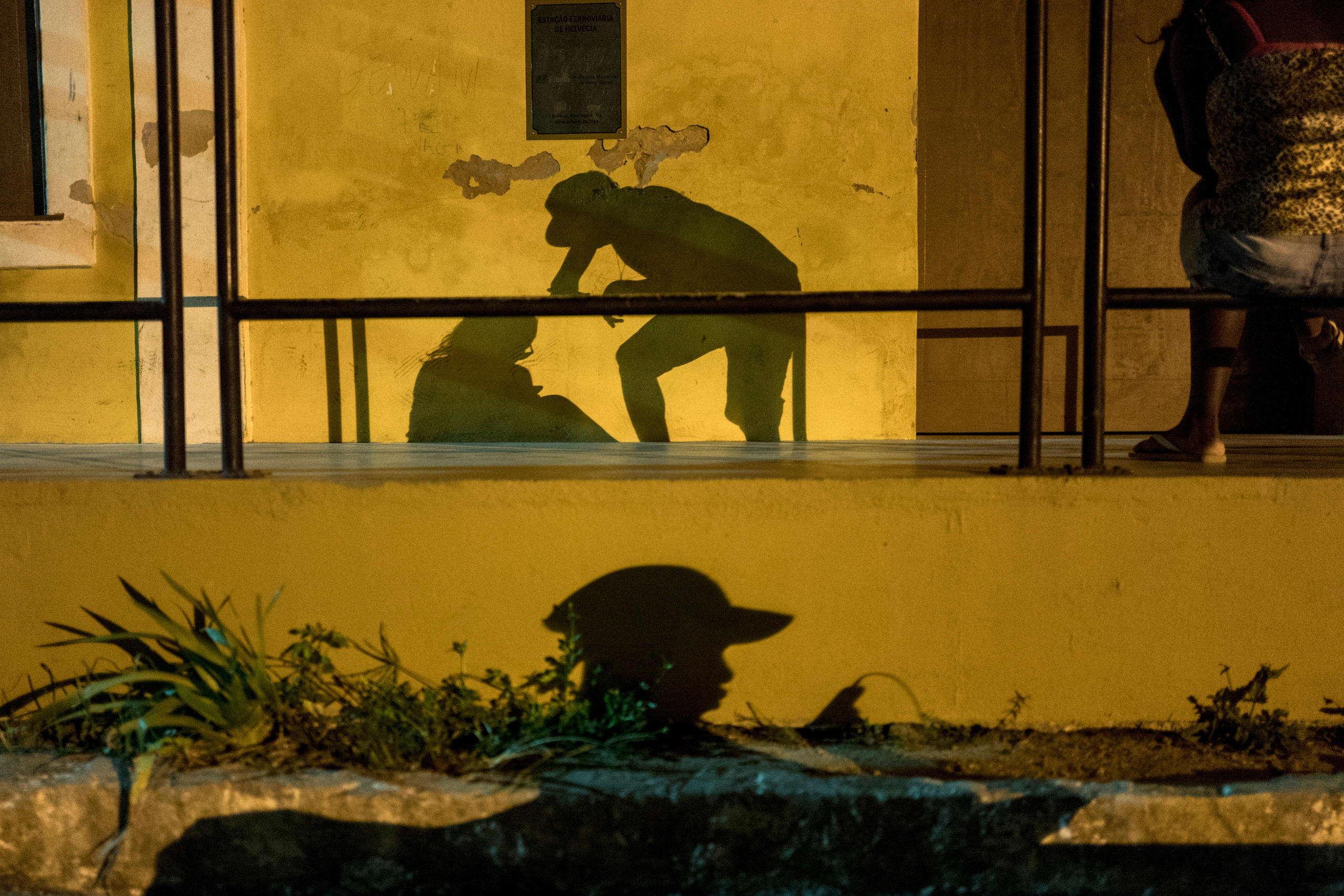
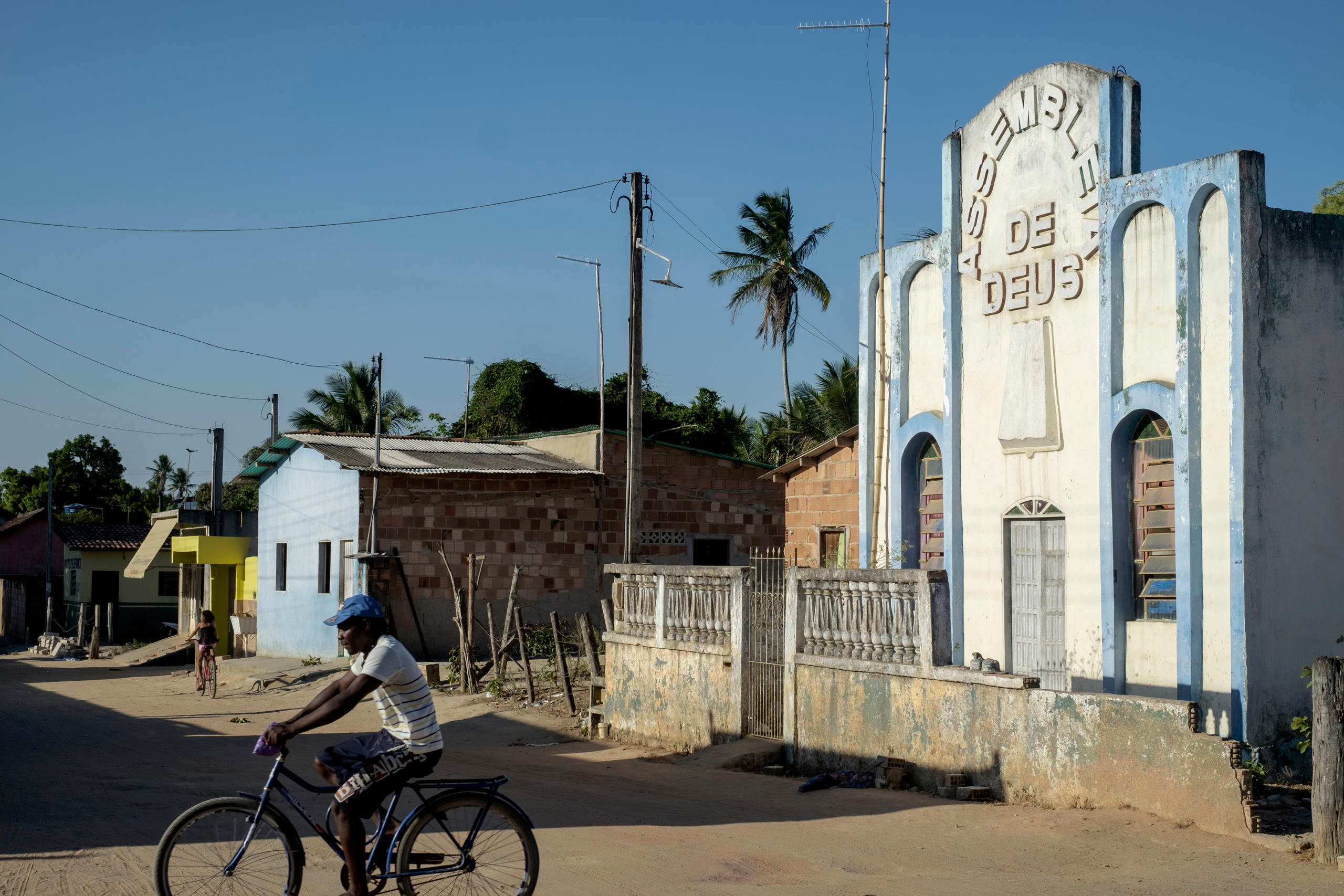
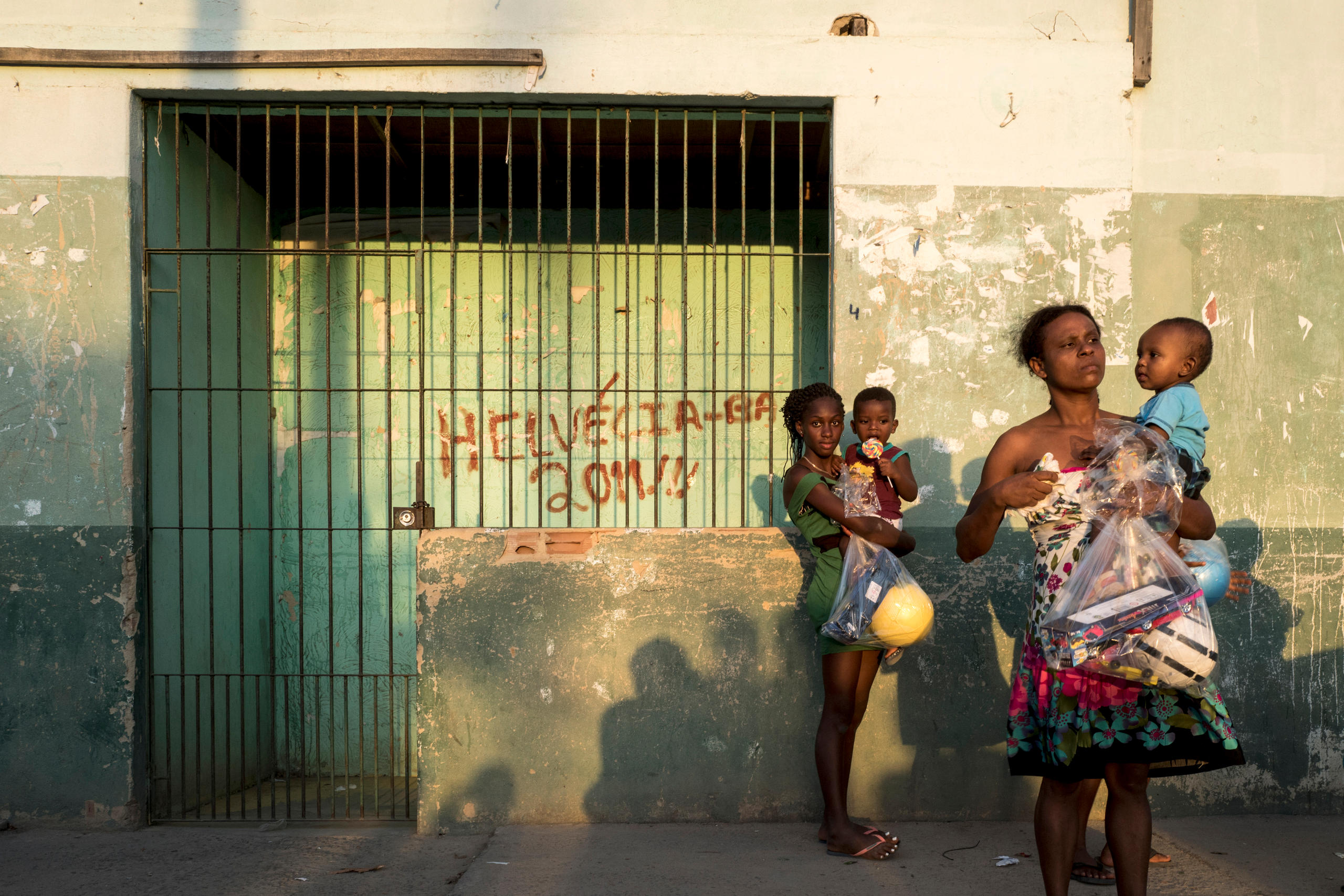
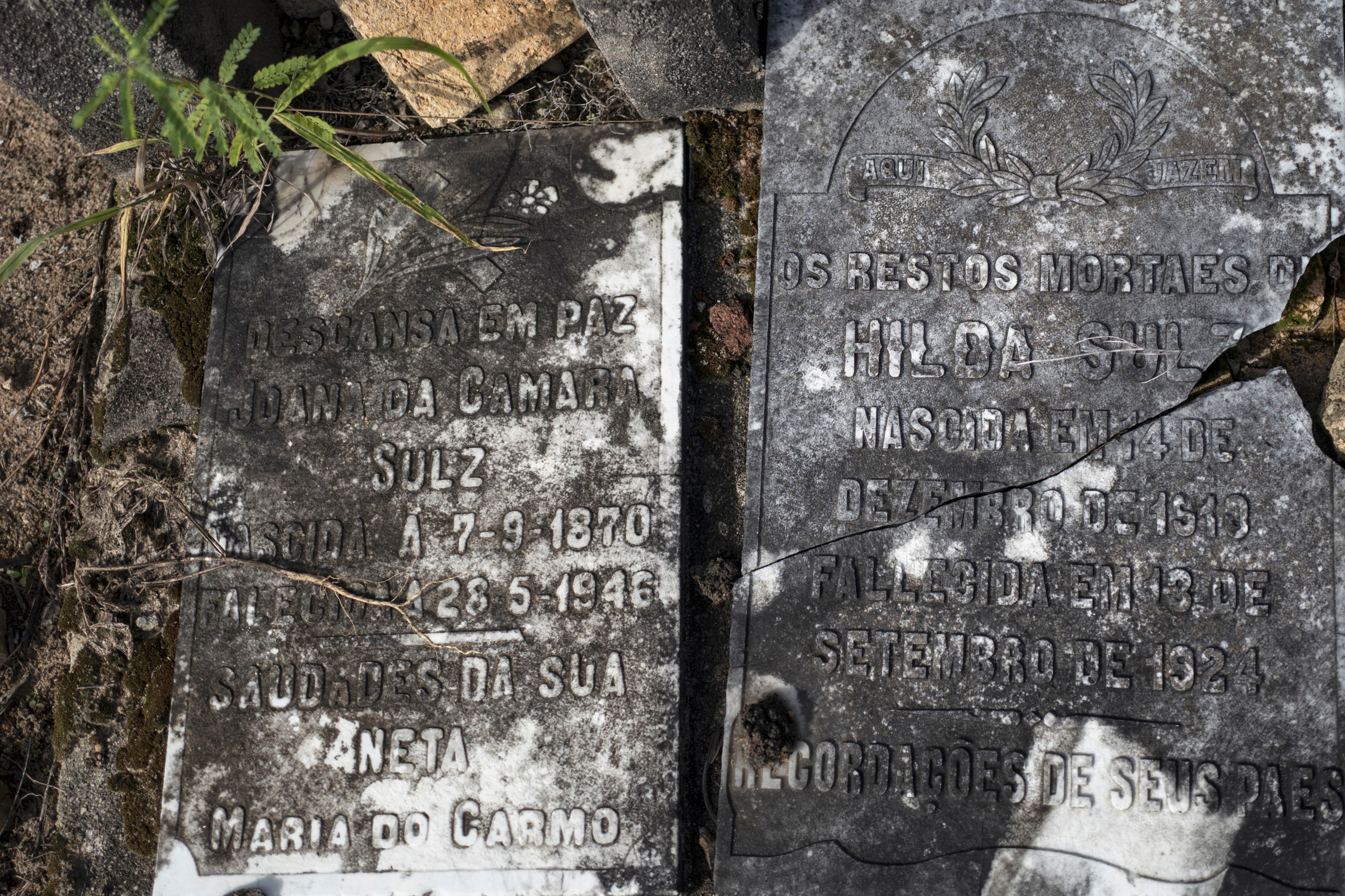
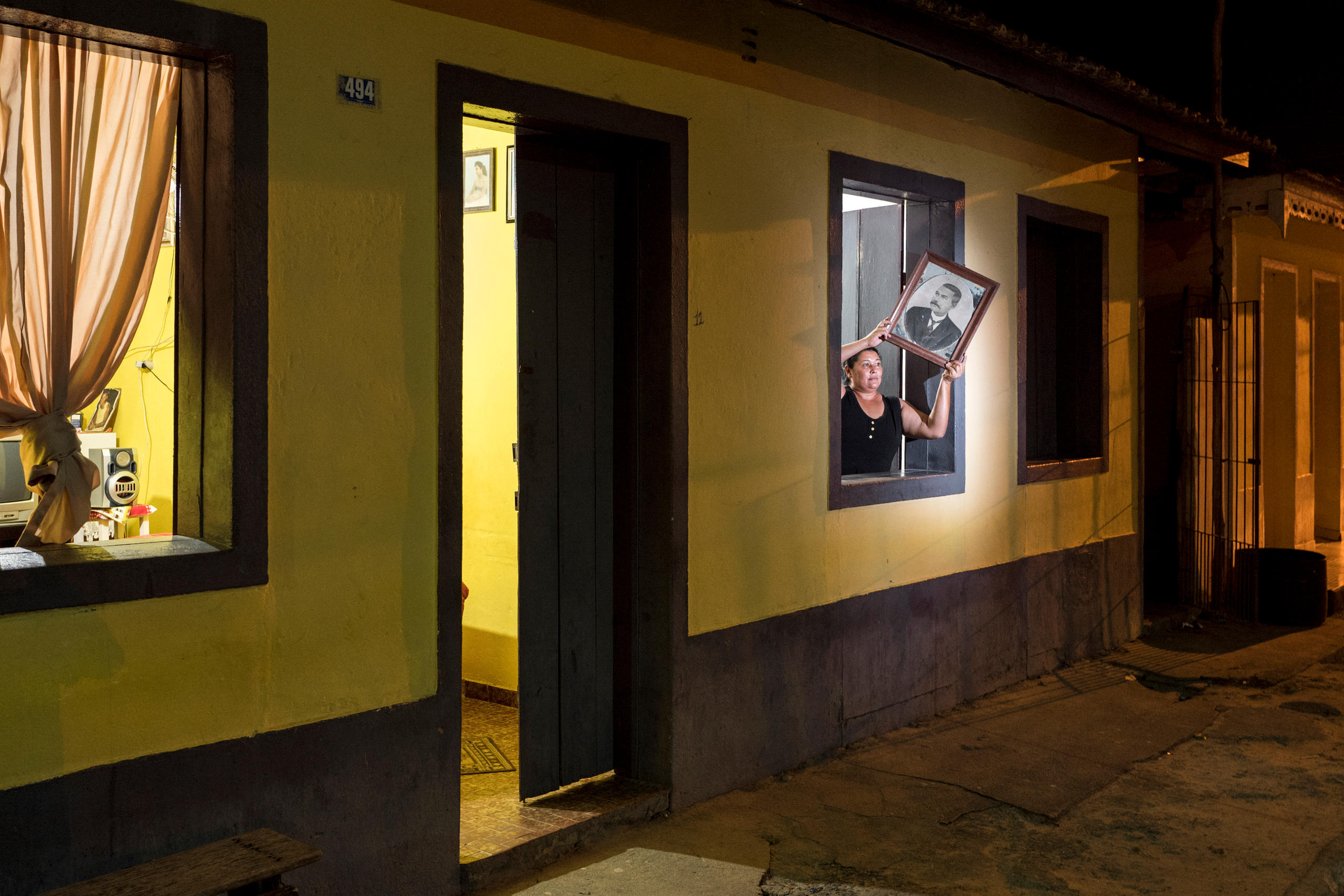
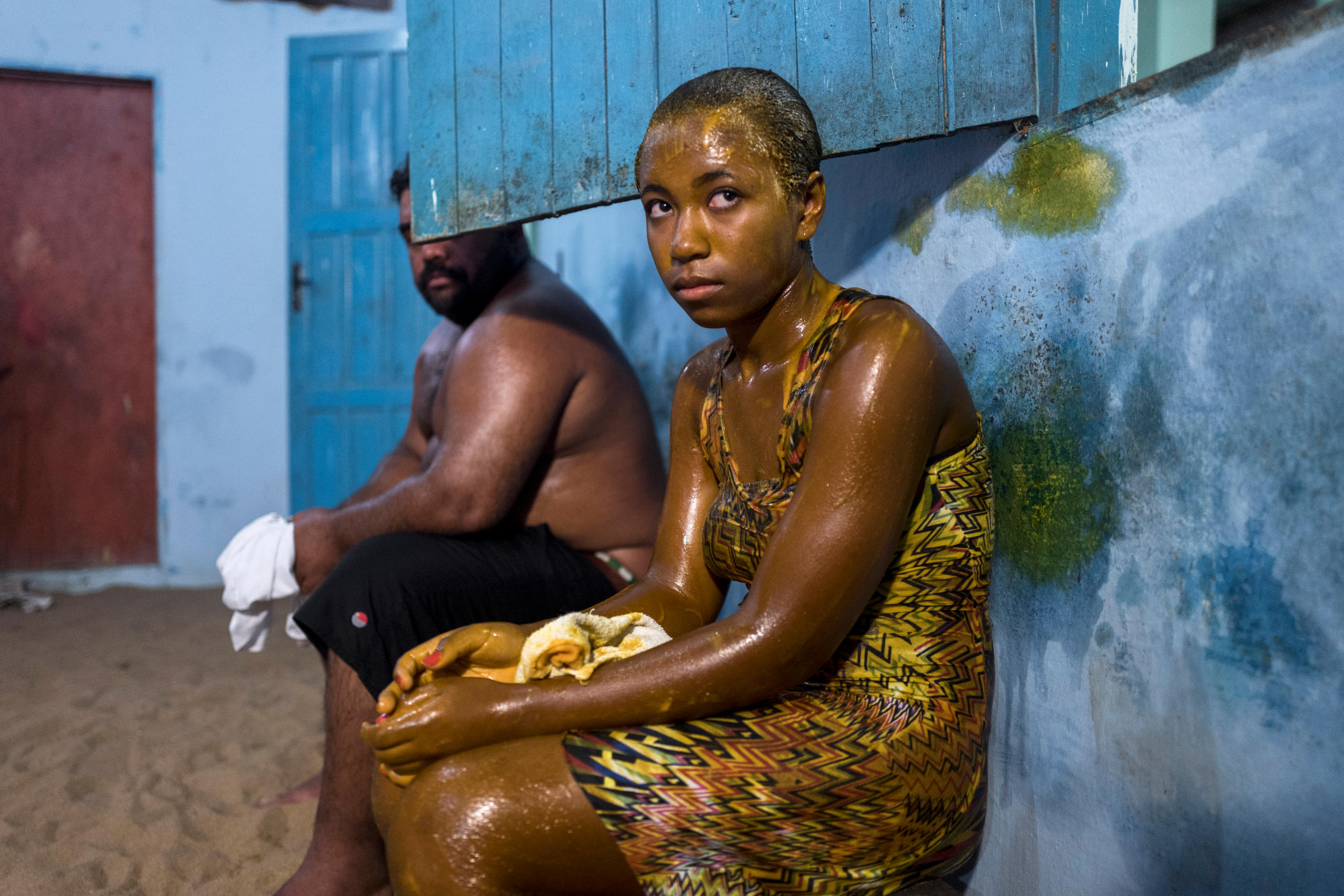
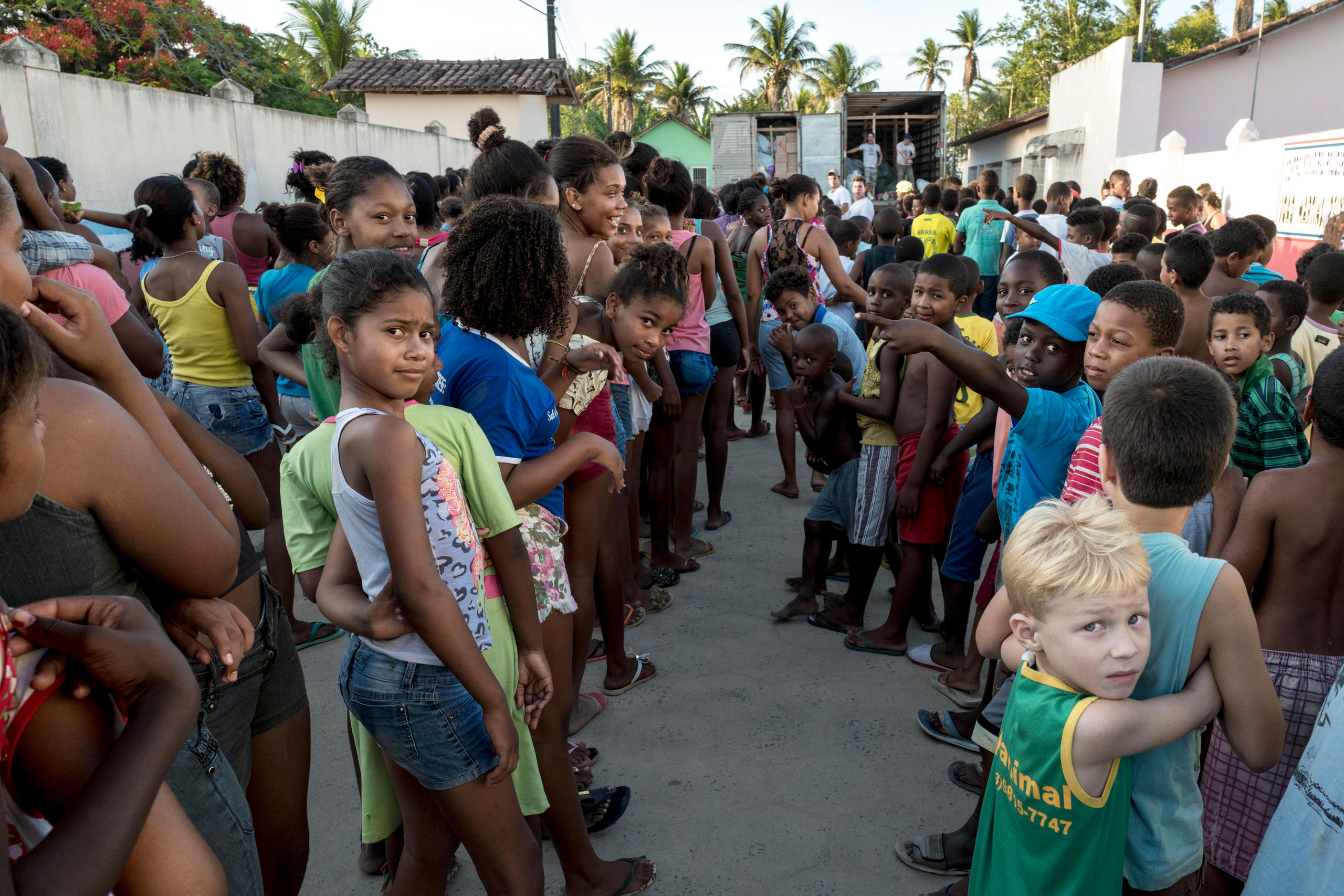
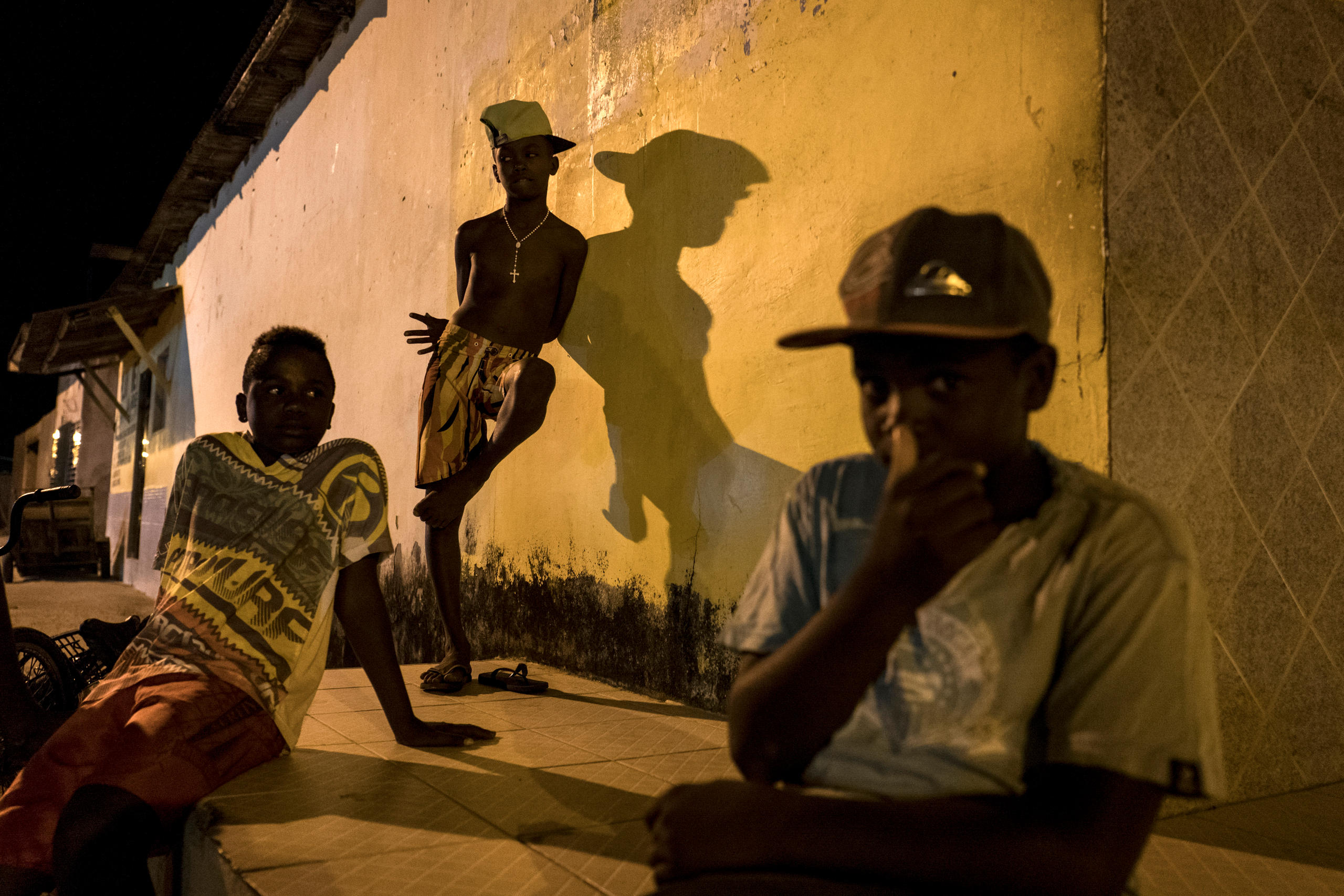
You can find an overview of ongoing debates with our journalists here. Please join us!
If you want to start a conversation about a topic raised in this article or want to report factual errors, email us at english@swissinfo.ch.